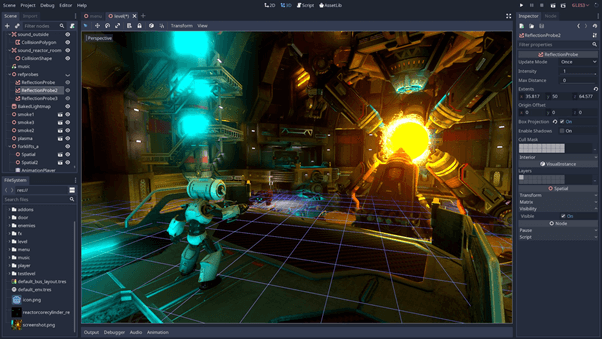Unity Runtime Fee Controversy: Developer Exodus, Unionization Efforts, and the Godot Migration The recent announcement of Unity's install-based runtime fee has sent shockwaves through the game development community.
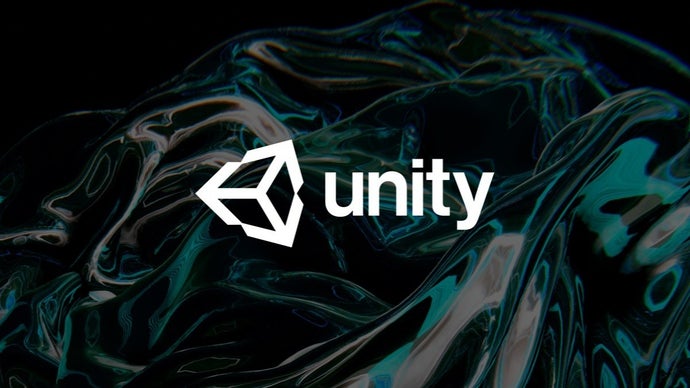
The recent announcement of Unity's install-based runtime fee has sent shockwaves through the game development community. From indie studios to larger enterprises, developers are grappling with the implications of this new pricing model. This decision has not only sparked outrage but has also ignited a mass migration to alternative engines like Godot, fueled unionization efforts, and raised ethical concerns regarding Unity's leadership. For PC gamers who follow the industry behind the games, understanding these developments is crucial to appreciating the future landscape of game development. This article delves into the complexities of the Unity runtime fee controversy, the developer response, and the alternative paths available to creators.
Unity's Official Response and Justification
Unity's decision to implement a runtime fee has been met with widespread criticism, but the company has attempted to justify the change. The new policy, initially slated to take effect on January 1, 2024, would charge developers a fee for each install of their game after certain revenue and installation thresholds were met. Unity executives, including CEO John Riccitiello, argued that this model would allow the company to share in the success of its developers.
In a now-deleted post on X (formerly Twitter), Unity stated that the fee was designed to affect only a small percentage of developers who had achieved significant success. The company also claimed that the funds generated would be reinvested into improving the engine and supporting the development community. However, these assurances did little to quell the growing discontent.
"We believe that an install-based fee aligns our success with the success of our creators," Unity stated in a blog post. "As developers achieve significant scale, we share in that success, allowing us to continue investing in the Unity platform." Despite these attempts at reassurance and subsequent modifications to the policy, the damage to Unity's reputation had been done. Developers remained wary of the company's intentions and its ability to accurately track and enforce the fee.
The Godot Engine Migration: A Beacon of Hope
Amidst the turmoil, the Godot Engine has emerged as a leading alternative for developers seeking refuge from Unity's new policies. Godot is an open-source, MIT-licensed game engine that offers a comprehensive suite of tools for 2D and 3D game development. Its ease of use, coupled with its royalty-free nature, has made it an attractive option for indie developers in particular. The lack of royalty fees has been a primary driver for the recent exodus from Unity, which can cripple the finances of small indie projects.
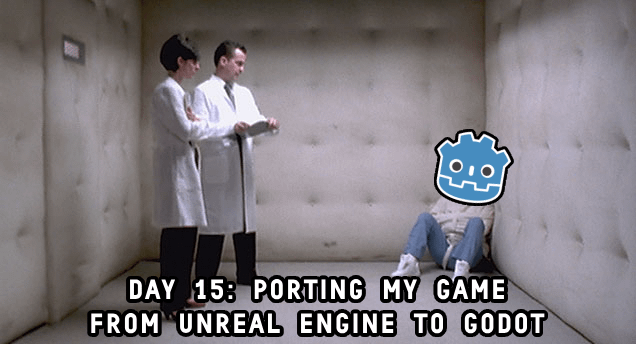
Several indie studios have publicly announced their shift to Godot, citing Unity's runtime fee as the primary reason. For example, Daniel Mullins Games, the developer of the critically acclaimed game Inscryption, stated that they would be exploring Godot for future projects due to the uncertainty surrounding Unity's pricing model. Another studio, Aggro Crab, known for their satirical action RPG Going Under, echoed similar sentiments, expressing concerns about the long-term stability and trustworthiness of Unity.
"We're moving future development to Godot," said Aggro Crab in a statement. "The open-source nature and lack of royalties give us the stability and peace of mind that Unity no longer offers." The initial experiences with Godot have been largely positive. Developers praise its intuitive interface, flexible scripting language (GDScript, which is similar to Python), and robust feature set. While the transition may require some initial investment in learning a new engine, many developers believe that the long-term benefits outweigh the costs.
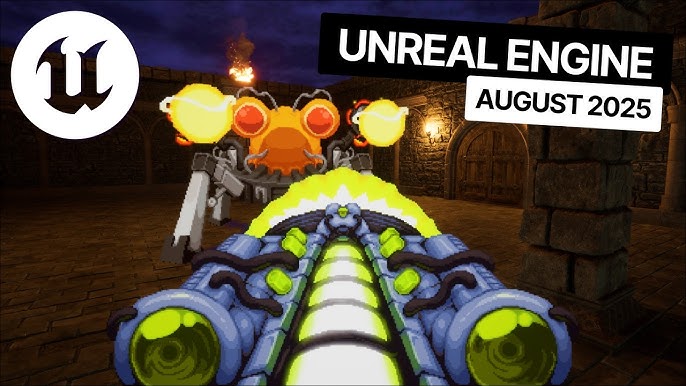
Developer Unionization Efforts: The Game Workers Alliance
The Unity runtime fee controversy has also amplified calls for developer unionization. The Game Workers Alliance (GWA) https://www.gameworkers.org/ has been at the forefront of this movement, advocating for better working conditions, fair compensation, and greater job security for game developers. Decisions like Unity's runtime fee highlight the vulnerability of developers to sudden policy changes that can impact their livelihoods.
Organizing and unionizing can be a complex process, involving several practical steps and considerations. First, developers need to identify a shared set of goals and concerns. This can be achieved through open discussions, surveys, and collective bargaining sessions. Next, they need to form a union and seek recognition from their employer. This may involve navigating legal challenges and overcoming resistance from management.
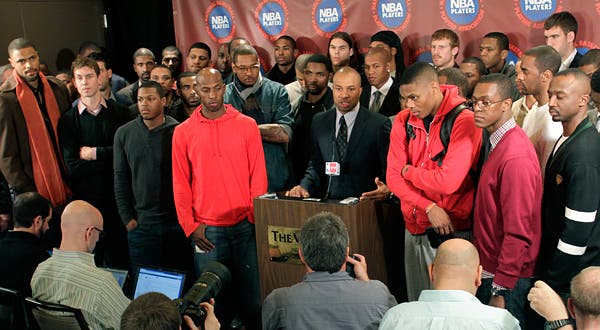
The benefits of unionization include increased bargaining power, improved job security, and a greater say in company decisions. Unions can negotiate for better wages, benefits, and working conditions, as well as protect developers from unfair treatment or arbitrary policy changes. While unionization efforts can face legal challenges, the GWA and other labor organizations offer resources and support to developers seeking to organize.
Ethical Concerns Regarding John Riccitiello's Leadership
The criticism surrounding Unity's runtime fee has also been directed at its CEO, John Riccitiello. Riccitiello's previous experiences at Electronic Arts (EA) have raised ethical concerns among developers, who fear that his focus on monetization may prioritize profit over the well-being of the development community.
During his tenure at EA, Riccitiello oversaw the implementation of aggressive monetization strategies, such as microtransactions and downloadable content (DLC). These practices were often criticized for being exploitative and detracting from the overall gaming experience. The perception that Riccitiello views game development as a "funnel" for extracting revenue has fueled distrust among developers.

It's important to note that these are criticisms based on past experiences and perceived patterns. A factual approach is crucial here, avoiding personal attacks. However, it's undeniable that Riccitiello's history shapes the context in which Unity's decisions are perceived. This perception, whether accurate or not, contributes to the overall unease and distrust within the game development community.
Alternative Distribution Channels: Taking Control
For indie developers seeking to mitigate the impact of install-based runtime fees, exploring alternative distribution channels is crucial. Direct distribution models allow developers to bypass traditional platforms like Steam and retain a larger share of the revenue. Several storefronts offer DRM-free versions of games, providing developers with greater control over their products. GOG, Humble Bundle, and Fanatical stand out as viable options.
GOG (Good Old Games)
GOG https://www.gog.com/ is a digital distribution platform that focuses on DRM-free games. Selling your game on GOG allows you to offer players a copy that they can own and play without any restrictions. This can be particularly appealing to gamers who value ownership and freedom.
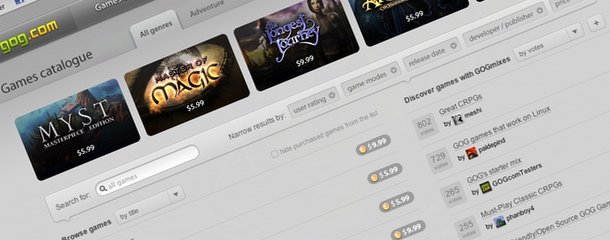
To sell your game on GOG, you'll need to submit it for review. GOG curates its selection of games, so the quality and appeal of your game will be important factors in their decision. If your game is accepted, you'll be able to set your own price and retain a significant portion of the revenue.
Humble Bundle
Humble Bundle https://www.humblebundle.com/ offers a unique distribution model that allows players to purchase bundles of games at a discounted price. Developers can partner with Humble Bundle to include their game in a bundle, reaching a wider audience and generating revenue.
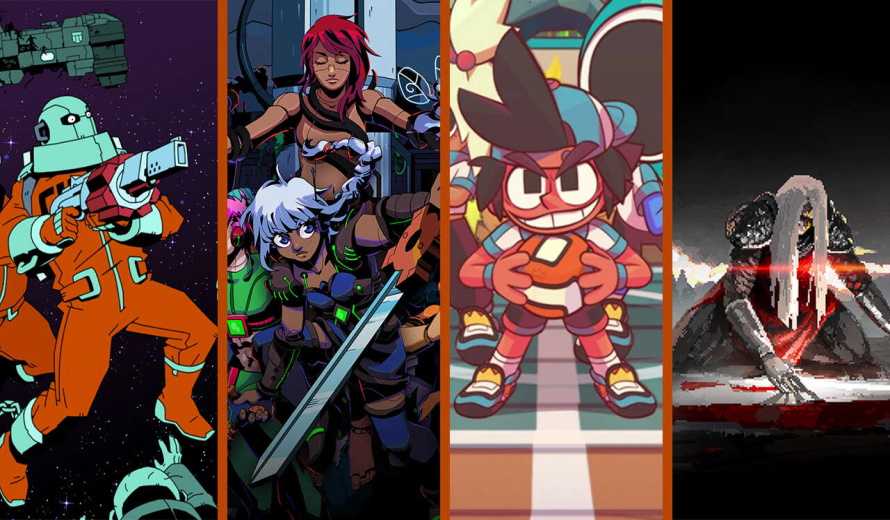
Humble Bundle also offers a storefront where developers can sell their games directly. This option provides greater control over pricing and revenue sharing. The platform is known for its charitable contributions, which can add an ethical dimension to your game's distribution.
Fanatical
Fanatical https://www.fanatical.com/ is another digital distribution platform that offers discounted game keys. Developers can partner with Fanatical to sell keys for their game, reaching a price-sensitive audience.
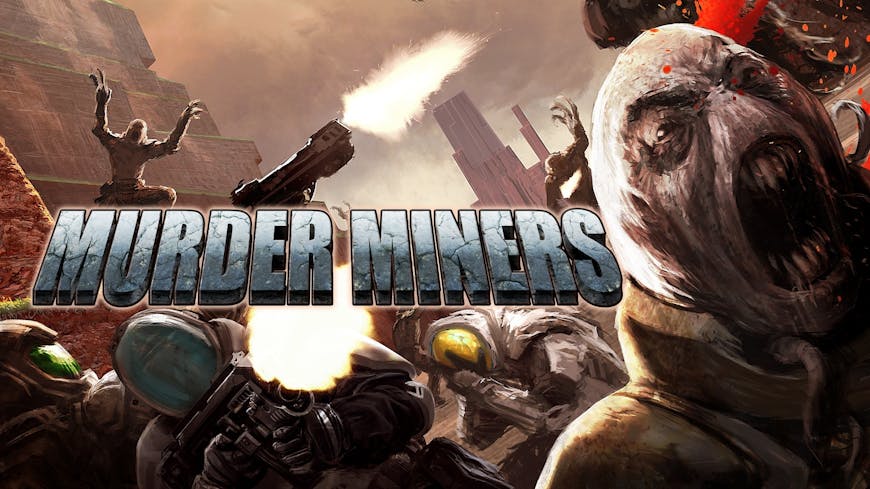
Selling keys directly through Fanatical allows you to bypass the fees associated with other platforms. Managing these alternative distribution channels involves creating accounts, submitting your game for review, setting prices, and handling customer support. However, the increased control and revenue potential can make it a worthwhile investment.
Conclusion
The Unity runtime fee controversy has exposed deep fault lines within the game development community. While Unity has attempted to address the concerns of developers, the damage to its reputation may be lasting. The migration to alternative engines like Godot, the growing momentum of developer unionization, and the scrutiny of Unity's leadership all point to a significant shift in the industry. Indie developers are exploring alternatives such as self-publishing in storefronts such as GOG, Fanatical, and the Humble Store.
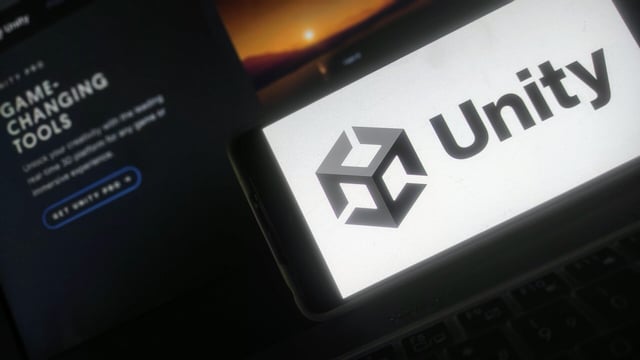
For PC gamers, these developments may lead to a more diverse and innovative gaming landscape, with indie developers finding greater freedom and control over their creations. To explore some of the alternative game engines, consider a tutorial on switching from Unity to Godot, ensuring you can take advantage of newer options. The future of game development is uncertain, but one thing is clear: the community is demanding greater transparency, fairness, and respect. It's a good time for developers to carefully analyze the Unity runtime fee controversy and decide on viable indie game developers Unity alternatives for 2024. By supporting indie devs, gamers can shape the future of the industry.
